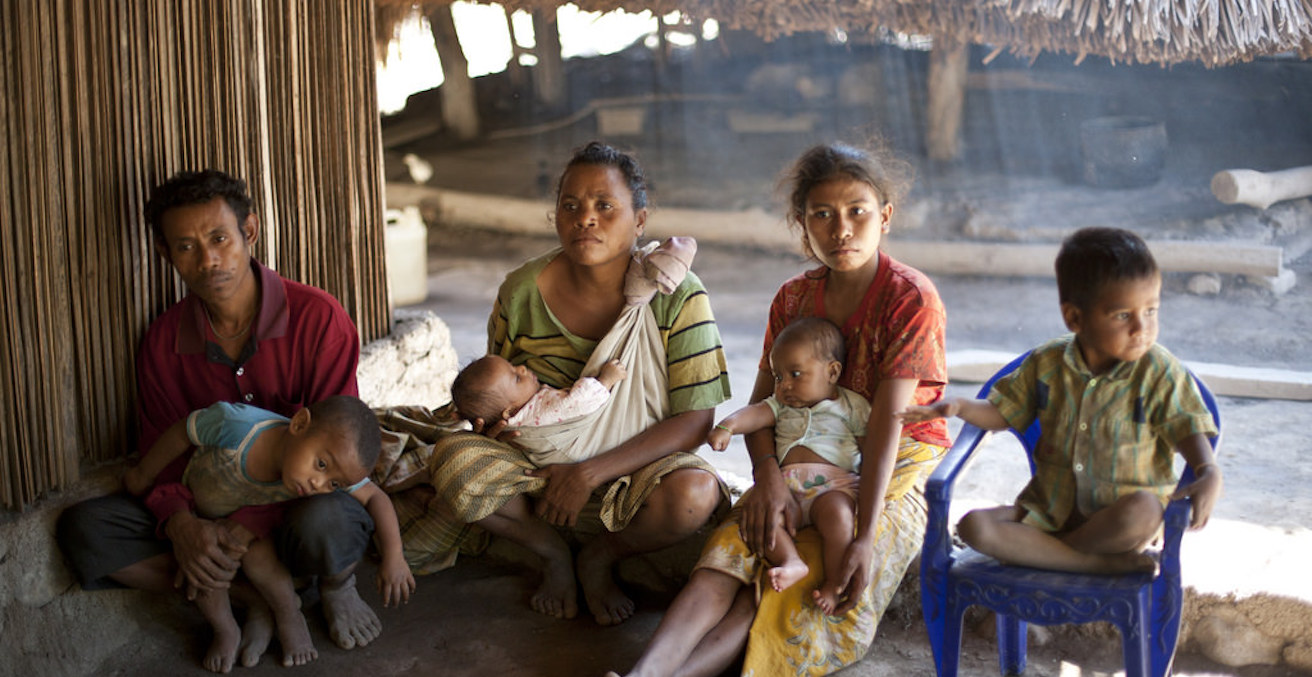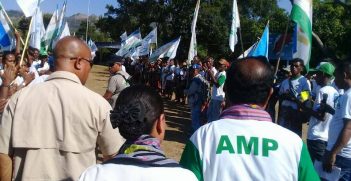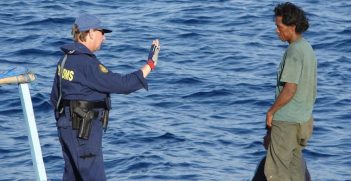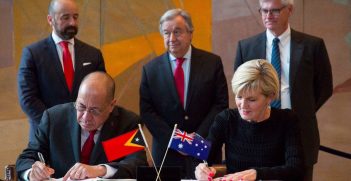Facing Forward: Focusing on Timor-Leste’s Youth

The 12 May elections in Timor-Leste may herald greater stability under a majority government, allowing the focus to shift to national development. With one of the youngest populations in the Asia-Pacific, Timor-Leste must prioritise investment in its youth.
The Change for Progress Alliance (AMP) in Timor-Leste achieved victory in the Parliamentary elections earlier this week with the highest number of participating voters since its independence in 2002, after 24 years of Indonesian occupation and struggle. The 12 May elections marked the third peaceful democratic election process, following previous elections in 2012 and 2017. In 2017, Parliamentary elections ended in a deadlock which resulted in the collapse of the minority FRETILIN government in December. The collapse of the government last year had significant effects on Timor-Leste’s development capacity.
In the coming months, AMP will initiate the formation of ministries, a five-year new government plan and pass its first budget. Among the priorities of the new budget should be the fate of youth. Timor-Leste has one of the youngest populations in the Asia-Pacific. Currently, 74% of the population of Timor-Leste are below the age of 35. It is crucial that among the new budget allocations, investment in areas such as quality education, mobilisation of economically inactive youth and accessibility of information about family planning across the country.
On 3 April 2018, the United Nations Development Programme (UNDP) launched the country’s 4th National Human Development Report (NHDR) entitled “Planning the Opportunities for a Youthful Population”. The report was a two-year project in partnership with Flinders University and with the support of the Government of Timor-Leste. The report comes at a vital time for Timor-Leste as it experiences a major demographic change.
The NHDR used a nation-wide perception survey to focus on eight aspects of youth well-being. It addresses the concern that increasing public expenditure alone does not lead to successful development; instead, interventions must enhance meaningful human capabilities and must be multi-sectoral. Stating that ‘human capability-building in communities and nations must have sufficient breadth and depth to involve nourishing development programmes, aiming at wider social benefits’, the report contextualises recommendations to focus specifically on the state of youth well-being in Timor-Leste. The recommendations use clustered and cross-link development strategies, such as linking the development of coherent health care systems with advancing ecotourism, and strongly encourage the prioritisation of youth in government investment.
The report promotes an integrated human development approach to advance youth well-being and highlighted specific areas of concern in education and community vitality to provide a roadmap for future investment. Among key recommendations is the call for an increased allocation of state funding to sectors such as agriculture, tourism and fishing to mobilise the nation’s youth. As Roy Trivedy, UN Resident Coordinator and Resident Representative of UNDP, said, ‘Significant leaps forward in Timor-Leste’s human development can only be harnessed through empowering the youth.’
The nation-building process in Timor-Leste has received consistent support from both the UN and Australia. The UN presence in Timor-Leste has evolved from their peacekeeping mission in 1999 to today’s mandate of supporting development and capacity-building. Today, the UNDP has mandated programme areas which are designed to promote and achieve the 2030 Agenda for Sustainable Development. In the UNDP office in Timor-Leste, Timorese nationals lead programme management teams to facilitate a link between development partners and the Timorese population.
Australia has been Timor-Leste’s strongest development partner since independence and is working towards establishing a strong and stable Timor-Leste. On 5 March 2018, Australia and Timor-Leste signed an agreement to determine the Timor Sea maritime boundary, marking a new era of diplomatic relations between the two nations. This is further reflected in the development of new defence co-operation and funds set aside in the 2018 budget for aid to the Asia-Pacific region, from which Timor-Leste will benefit.
Investment across sectors will allow for meaningful and sustainable youth empowerment. It will also strengthen the contribution of Australia’s aid commitments and academic support for Timor-Leste’s nation-building process. The NHDR report reinforces the urgent need for the government and development partners in Timor-Leste to engage more with, and invest more in, Timorese youth.
Lara Scott is an International Relations and Law student at Curtin University. She was an intern at the UNDP in Timor-Leste for six months in 2018. The UNDP 4th National Human Development Report, prepared in conjunction with Flinders University and with the support of the Government of Timor-Leste, can be accessed in full here.





